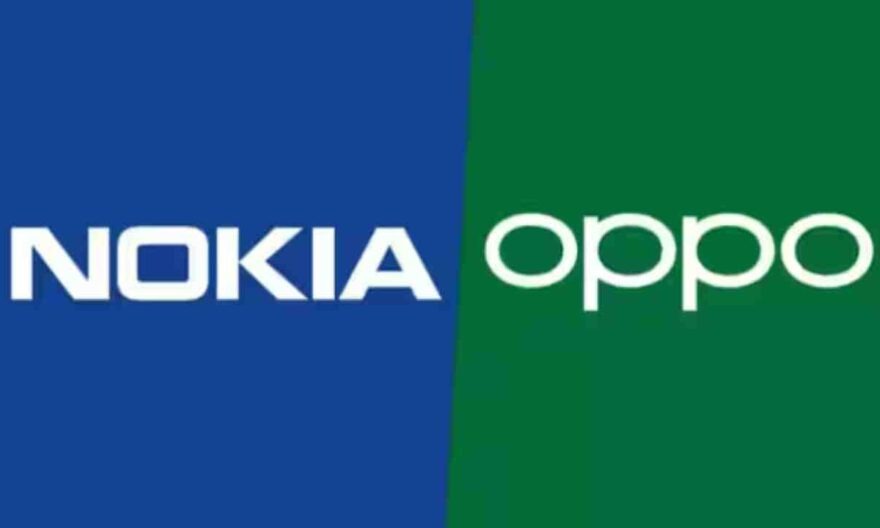
The Supreme Court recently dismissed the appeal by Chinese smartphone manufacturer Oppo challenging the Delhi High Court.
The High Court had ordered Oppo to provide a pro-tem security payment in favor of mobile manufacturer Nokia, amidst an ongoing patent infringement dispute.
A bench comprising Chief Justice of India DY Chandrachud, along with Justices JB Pardiwala and Manoj Misra, declined to intervene in the High Court’s decision, emphasizing its well-reasoned nature. The Supreme Court stated that the High Court’s division bench had overturned a single-judge order, marking it an interlocutory decision.
Nevertheless, the Apex Court did grant Oppo a brief extension until August 25 to adhere to the High Court’s stipulations.
Earlier, on July 3, the Delhi High Court issued an interim ruling favoring Nokia in the patent infringement dispute against Oppo. The court directed Oppo to furnish security payment within a span of four weeks.
While the precise amount remains confidential, the High Court clarified that it would constitute 23% of the ‘last paid amount’ under the 2018 license agreement between the two companies. This calculation stems from India contributing roughly 23% to Oppo’s global sales.
A division bench of Justices Manmohan and Saurabh Banerjee rendered this decision in response to Nokia’s appeal, overturning the previous single-judge ruling that went against Nokia’s plea for interim relief.
“Keeping in view the status of Oppo as an ex-licensee, its admission that its phones use Nokia’s patents, its willingness to renew the 2018 Agreement and make interim payments as late as June 2021, the fact that it has approached a Court in China for determining a FRAND [Fair, Reasonable and Non-Discriminatory] rate as well as the consistent practice of this Court and the financial condition of Oppo, this Court is of the view that the impugned judgment is contrary to the facts as well as settled principles of law. Accordingly, the present appeal is allowed and the impugned order is set aside,” the High Court had said.
Consequently, the High Court found that a prima facie case of infringement existed against Oppo. The court also remarked that the German bank guarantee served as a ‘smoke screen,’ only becoming effective upon the signing of a license agreement.




